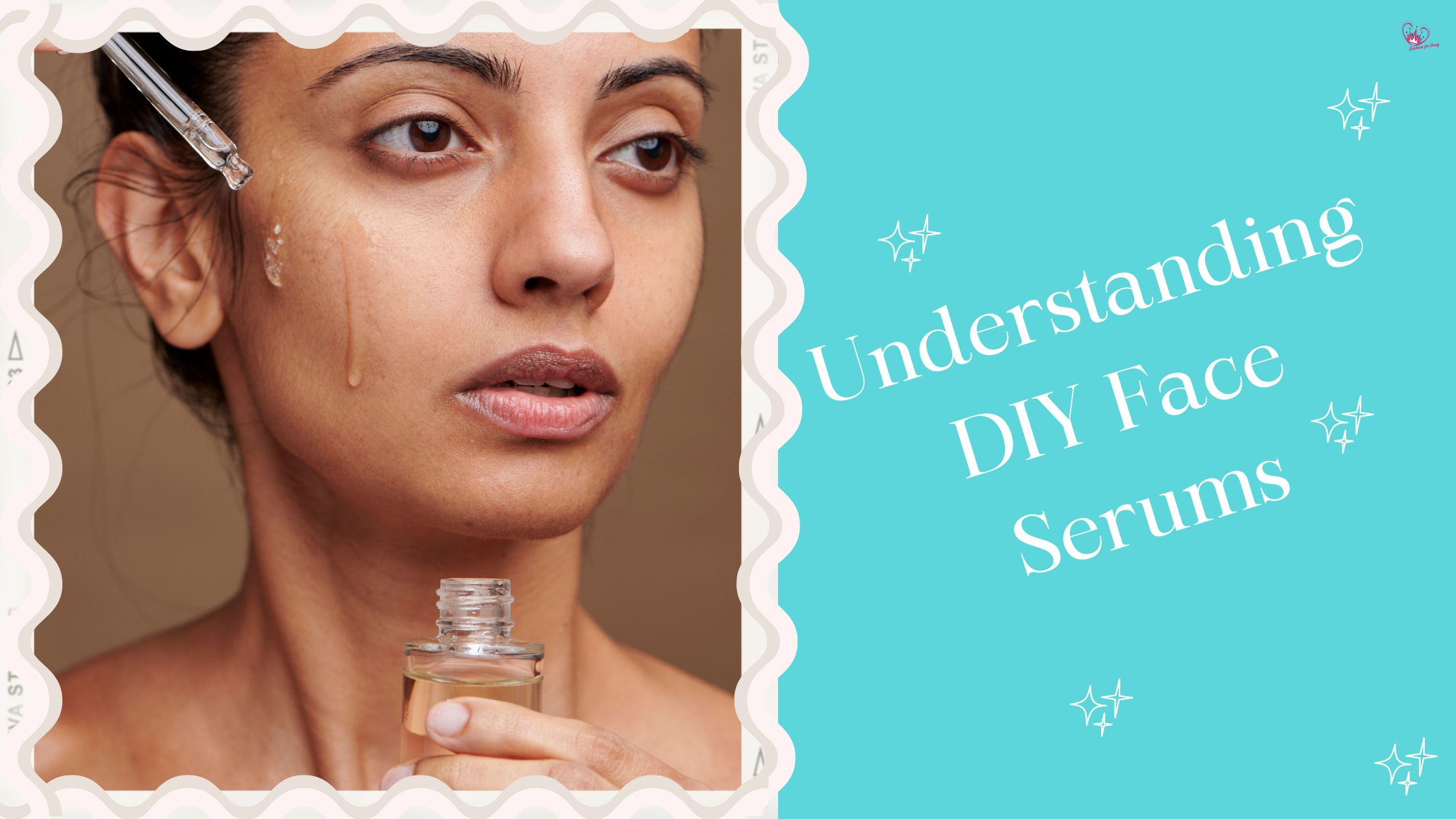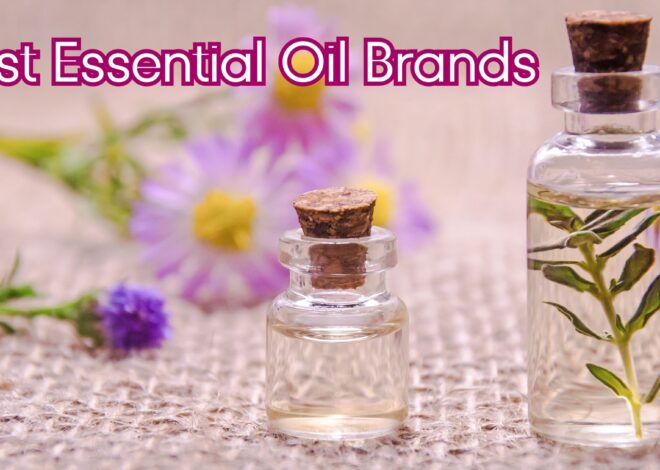
Understanding DIY Face Serums: Benefits and Customization Options
Face serums are well-liked skincare treatments thanks to their concentrated ingredients and specialized advantages. DIY (Do-It-Yourself) face serums provide a special opportunity to adapt and individualize skincare regimens in accordance with specific needs and preferences. The purpose of this article is to empower readers to take charge of their skincare routines and experience the possible advantages of homemade face serums by examining the advantages of DIY face serums and offering insights into the different customization possibilities available.
Benefits of DIY Face Serums
Customization and Personalization
Making your own face serums has many benefits, one of which is that you may alter and personalize the formula. Individuals can address their particular skin concerns, such as hydration, anti-aging, brightening, or calming, by choosing particular components. A customized approach to skincare is made possible by customization.
Control over Ingredients
Individuals have control over the components used while making their own facial serums. They can select ingredients that are of the highest caliber, are natural, and are organic, eliminating any potentially dangerous additives or irritants present in commercial products. A cleaner and more individualized skincare experience is ensured by this control.
Cost-Effective
Face serums made at home can be less expensive than store-bought ones. People can ultimately save money by buying the materials separately and making the serum themselves. Small batch production also minimizes waste and enables the use of powerful, fresh serums.
Customization Options for DIY Face Serums
Carrier Oils
DIY face serums are built on carrier oils, which aid in the delivery of active components to the skin. There are many different carrier oils available, and each has special qualities. Jojoba oil, argan oil, rosehip seed oil, and grapeseed oil are among the alternatives. Depending on the skin type and desired effects, the best carrier oil should be chosen.
Active Ingredients
Targeting certain skin issues, active ingredients are the heart and soul of homemade face serums. Hyaluronic acid for hydration, vitamin C for illumination, retinol for anti-aging, and chamomile extract for calming are a few of these. Depending on a person’s skincare objectives and skin sensitivity, the best active ingredients should be chosen.
Essential Oils
Essential oils offer extra skincare advantages in addition to their lovely aroma. For their calming, clarifying, or revitalizing qualities, ingredients like frankincense oil, lavender oil, tea tree oil, rosemary oil, and tea tree oil can be added to homemade face serums. It’s crucial to correctly dilute essential oils and take into account any possible skin sensitivities.
Additional Additives
Aloe vera gel, green tea extract, or vitamin E oil are a few more additions that people can use to further personalize their DIY face serums. Depending on the targeted outcomes, these additions offer additional nutrient support, antioxidant protection, or relaxing effects.
Conclusion
DIY face serums have a number of advantages, including as customization, ingredient control, and cost efficiency. Individuals can target their own skincare needs and concerns by making personalized serums. Carrier oils, active compounds, essential oils, and extra additives are examples of customization possibilities that offer flexibility and permit a customized approach to skincare. However, it’s crucial to investigate the components, carry out patch tests, and get advice from a dermatologist if necessary. With DIY face serums, people can actively participate in their skincare regimen and profit from the possible advantages of homemade, personalized compositions.



